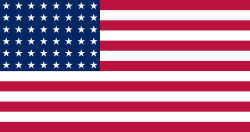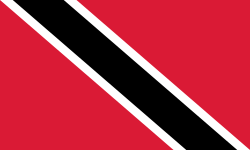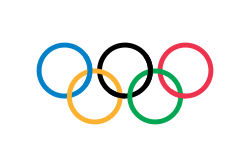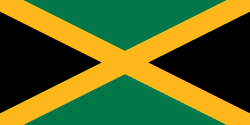Reggie Walker
| Reggie Walker | |
|---|---|
| Narození | 16. března 1889 Durban |
| Úmrtí | 5. listopadu 1951 (ve věku 62 let) Durban |
| Povolání | sprinter a atlet |
| Některá data mohou pocházet z datové položky. Chybí svobodný obrázek. | |
| Přehled medailí | ||
|---|---|---|
| zlato | LOH 1908 | běh na 100 m |
Reginald Edgar „Reggie“ Walker (16. března 1889 Durban – 5. listopadu 1951 Durban) byl jihoafrický atlet, sprinter, olympijský vítěz v běhu na 100 metrů z roku 1908.
Sportovní kariéra
Na olympiádě v Londýně v roce 1908 startoval jen díky sbírce organizovaného sportovním novinářem v Natalu, V Londýně ho trénoval Sam Mussabini, který o řadu let později připravoval jiného olympijského vítěze v běhu na 100 metrů Harolda Abrahamse. Při olympiádě postupovali do dalších kol pouze vítězové. Walker vyhrál rozběh i semifinále (zde vyrovnal olympijský rekord 10,8). Ve finále porazil všechny tři soupeře, mimo jiné i pozdějšího vítěze na 200 metrů Bobbyho Kerra a dosáhl opět času 10,8. Stal se tak do té doby nejmladším olympijským vítězem na této trati, zlatou medaili získal, když mu bylo 19 let a 128 dní.
Externí odkazy
 Obrázky, zvuky či videa k tématu Reggie Walker na Wikimedia Commons
Obrázky, zvuky či videa k tématu Reggie Walker na Wikimedia Commons - Reggie Walker v databázi Olympedia (anglicky)
Média použitá na této stránce
Olympic Rings without "rims" (gaps between the rings), As used, eg. in the logos of the 2008 and 2016 Olympics. The colour scheme applied here was specified in 2023 guidelines.
Olympic Rings without "rims" (gaps between the rings), As used, eg. in the logos of the 2008 and 2016 Olympics. The colour scheme applied here was specified in 2023 guidelines.
US Flag with 45 stars. In use 4 July 1896–3 July 1908. Created by jacobolus using Adobe Illustrator, and released into the public domain. This flag was used during the Spanish-American War.
US Flag with 45 stars. In use 4 July 1896–3 July 1908. Created by jacobolus using Adobe Illustrator, and released into the public domain. This flag was used during the Spanish-American War.
US Flag with 48 stars. In use for 47 years from July 4, 1912, to July 3, 1959.
The Canadian Red Ensign used between 1921 and 1957.
This image has compared for accuracy (mainly colors) using an image from World Statesmen. The only change is making the maple leaves green from red. This image has compared for accuracy (mainly colors) using an image from World Statesmen. The most recent version of this image has changed the harp into one with a female figure; see [http://flagspot.net/flags/ca-1921.html FOTW
Flag of the unified Team of Germany for the Olympic Games, 1960–1968.
(c) I, Cmapm, CC BY-SA 3.0
The flag of the Soviet Union (1955-1991) using a darker shade of red.

(c) I, Cmapm, CC BY-SA 3.0
The flag of the Soviet Union (1955-1991) using a darker shade of red.

Olympijská vlajka
Flag of Jamaica. “The sunshine, the land is green, and the people are strong and bold” is the symbolism of the colours of the flag. GOLD represents the natural wealth and beauty of sunlight; GREEN represents hope and agricultural resources; BLACK represents the strength and creativity of the people. The original symbolism, however, was "Hardships there are, but the land is green, and the sun shineth", where BLACK represented the hardships being faced.
US Flag with 46 stars. In use 4 July 1908–3 July 1912. Created by jacobolus using Adobe Illustrator, and released into the public domain.
Other version: Image:US 46 Star Flag.svgUS Flag with 44 stars. In use 4 July 1891–3 July 1896. Created by jacobolus using Adobe Illustrator, and released into the public domain.














